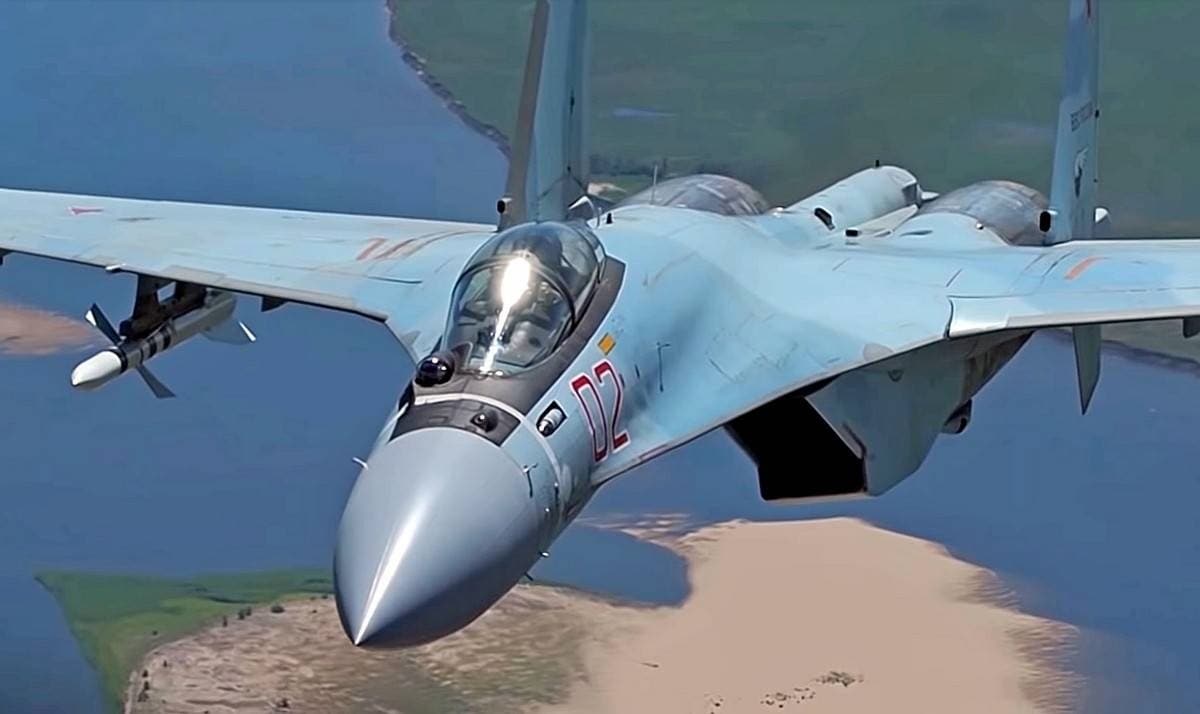British Intelligence Says Russia Reverting to More Modest Goals In Ukraine – In an intelligence update on Wednesday, the 31st anniversary of Ukraine’s independence from Soviet Union, the British Ministry of Defence revealed how Russia might be forced to stick to more modest goals in Ukraine following a series of embarrassing defeats in occupied Crimea and south-eastern Ukraine.
The intelligence update noted how Russian President Vladimir Putin has long used a “mix of force and coercive diplomacy” to maintain his country’s control over Crimea and to solidify Russian influence in Ukraine. The update also noted how Russia’s original goal of toppling the Kyiv government has not been achieved and appears unachievable at least in the short term.
“Russia launched a full invasion of Ukraine six months ago, with the aim of toppling the government and occupying most of the country,” the update reads. “By April, Russia’s leaders realized this had failed, and reverted to more modest objectives in eastern and southern Ukraine.”
Specifically, British intelligence believes that minimal progress is being made in the Donbas – the region that Putin declared independence in February – even after Russian forces took control of Luhansk Oblast.
“Operationally, Russia is suffering from shortages of munitions, vehicles and personnel,” the update reads. “Morale is poor in many parts of its military and its army is significantly degraded. Its diplomatic power has been diminished and its long-term economic outlook is bleak. Six months in and Russia’s war has proven both costly and strategically harmful.”
Desperate Times Call for Desperate Measures: Expert Analysis on Ukriane
Following a series of explosions in Russian-occupied Crimea, which left its military presence on the peninsula more vulnerable than ever, Russia is resorting to desperate tactics to hurt Ukraine.
Ukraine’s state nuclear company Energoatom revealed last Friday how Russia plans to disconnect the occupied nuclear power plant – the largest in Europe – from Ukraine’s power grid.
In a statement, Energoatom predicted that Russia was preparing a “large-scale provocation” on the site and even suggested that Russian forces are actively seeking diesel generators that would be used to create the electricity needed to keep the plant’s essential functions ticking over after it is powered down and disconnected from the grid.
“There is information that the Russian occupation forces are planning to shut down the power blocks and disconnect them from the power supply lines to the Ukrainian power system in the near future,” the energy company stated.

Image: Creative Commons.
“The Russian military is currently looking for fuel suppliers for the diesel generators, which are supposed to turn on after the power units are shut down in the absence of an external power supply for the nuclear fuel cooling systems.”
Jack Buckby is a British author, counter-extremism researcher, and journalist based in New York. Reporting on the U.K., Europe, and the U.S., he works to analyze and understand left-wing and right-wing radicalization, and reports on Western governments’ approaches to the pressing issues of today. His books and research papers explore these themes and propose pragmatic solutions to our increasingly polarized society.

